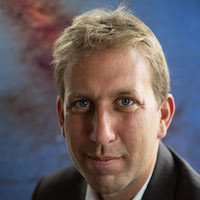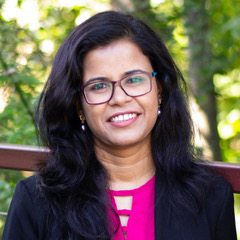University of Washington
Understanding and Countering Problematic Information on Social Media Platforms (video)
Talk Abstract
Online social media platforms have brought numerous positive changes, including access to vast amounts of news and information. Yet, those very opportunities have created new challenges—our information ecosystem is now rife with problematic content, ranging from misinformation, conspiracy theories, to hateful and incendiary propaganda. As a social computing researcher, my work introduces computational methods and systems to understand and design defenses against such problematic online content. In this talk, I will focus on two aspects of problematic online information: 1) conspiracy theories and 2) extremist propaganda.
First, leveraging data spanning millions of conspiratorial posts on Reddit, 4chan, and 8chan, I will present scalable methods to unravel who participates in online conspiratorial discussions, what causes users to join conspiratorial communities and then potentially abandon them. Second, I will dive into a special type of problematic content: extremist hate groups. Merging theories from social movement research with big data analyses, I will discuss the ecosystem of extremists’ communication and the roles played by them. Finally, I will close by previewing important new opportunities to address some of these problems, including conducting social audits to defend against algorithmically generated misinformation and designing socio-technical interventions to promote meaningful credibility assessment of information.
Speaker Biography
Tanu Mitra is an Assistant Professor at the University of Washington, Information School, where she leads the Social Computing research group. She and her students study and build large-scale social computing systems to understand and counter problematic information online. Her research spans auditing online systems for misinformation and conspiratorial content, understanding digital misinformation in the context of the news ecosystem, unraveling narratives of online extremism and hate, and building technology to foster critical thinking online. Her work employs a range of interdisciplinary methods from the fields of human computer interaction, data mining, machine learning, and natural language processing.
Dr. Mitra’s work has been supported by grants from the NSF, DoD, Social Science One, and other Foundations. Her research has been recognized through multiple awards and honors, including an NSF-CRII, an early career ONR-YIP, Adamic-Glance Distinguished Young Researcher award and Virginia Tech College of Engineering Outstanding New Assistant Professor award, along with several best paper honorable mention awards. Dr. Mitra received her PhD in Computer Science from Georgia Tech’s School of Interactive Computing and her Masters in Computer Science from Texas A&M University.





